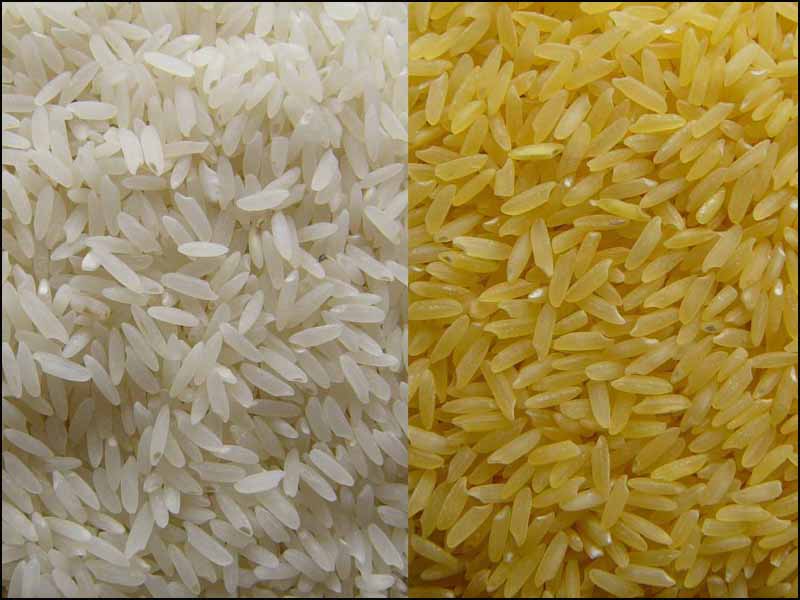Causes
The need for GMO transparency
[dropcap]C[/dropcap]onsumers feel safer now that Whole Foods has taken a bold initiative to label all their marketing GMO products within the next five years.
But is this stunt a stroke of advertising genius or a goal scored in its own net?
GMO? Give me the specifics
There is shortage of crop production and wastage of rotten crops in store houses. And GMOs, Genetically Modified Organisms, were created with the noble intention of saving the world from its food crisis.
Let’s have a look at some promising examples in the ideal world of GMOs. The ripening of tomatoes is delayed for more than a week, meaning that they will not over ripe before they reach the consumer’s shopping bag. Rice is manipulated to contain large amounts of Vitamin-A. Soy is genetically engineered to contain high levels of oleic acid, which is useful in lowering bad cholesterol.
Sounds amazing, right?
But studies have shown adverse side-effects to GMO consumption, like allergies, digestive problems, and reproductive disorders and so on. There is a lot of fear and apprehension regarding GMOs.
Will it do more harm than good?
When you think about it, we need GMOs to give us better quality crops. They grow faster in large quantities and are more nutritious.
Hold on. If GMOs kill weeds and insects, what’s to stop it from killing us?
We just want the the whole truth
As consumers, we are aware of 0.1% of the whole story. Are GMOs good or are they bad? It’s not scientific facts that is drawing our conclusions but our own opinions.
It’s the consumer’s right to know whether the food they’re buying is GMO or not.
If companies made the attempt, like ‘Whole Foods’ has, to school the public on the entire process of their GMOs, people may shed their hesitations and be more open to GMOs.
Scientists and many radical thinkers have high expectations for GMOs, there is a lot of research taking place on modified food. It’s only with absolute transparency that GMOs may have a future and can someday supersede non-GMO crops.





















